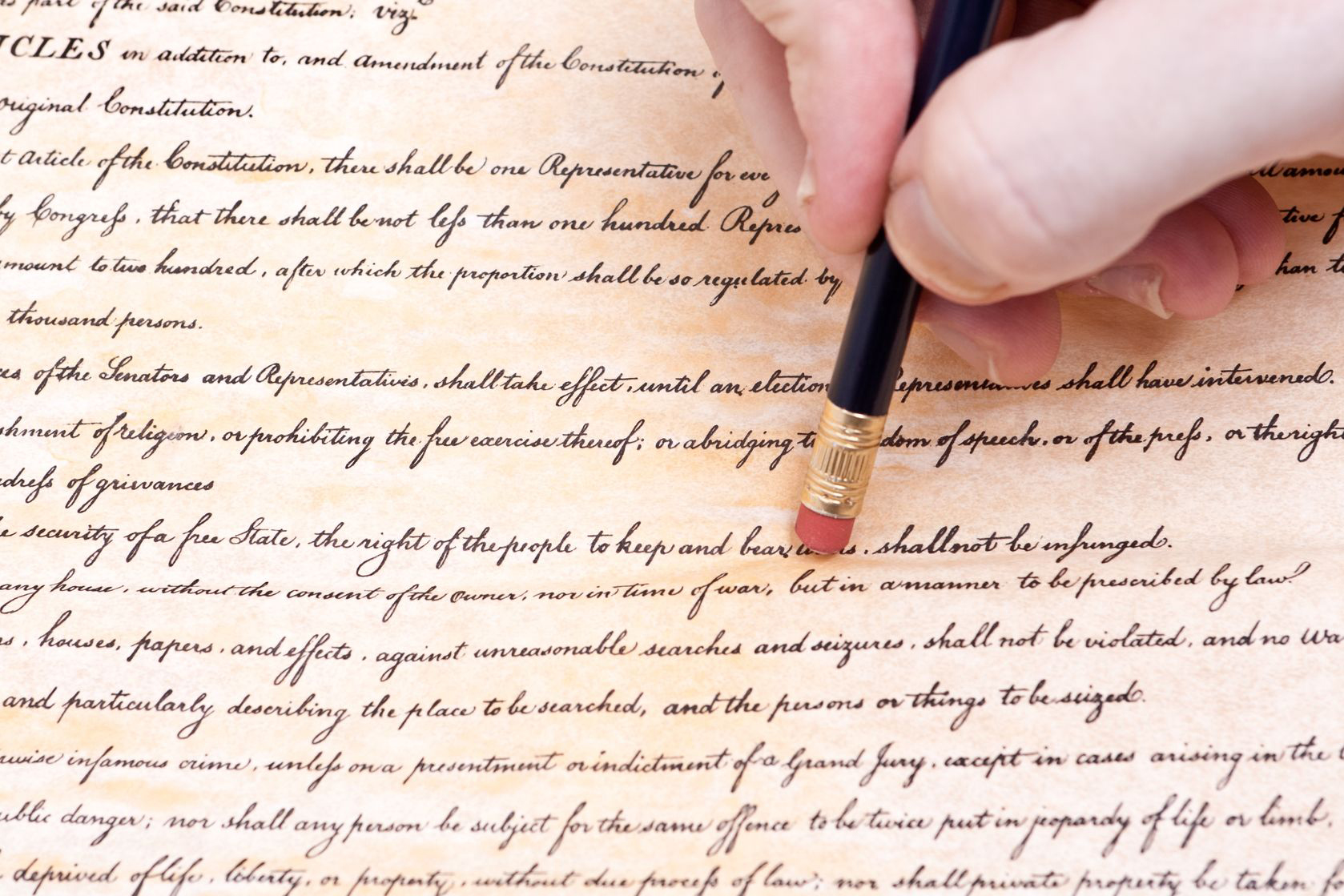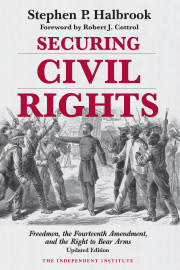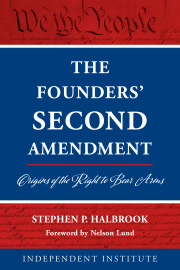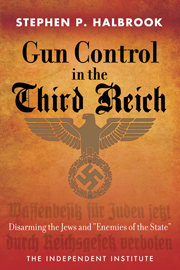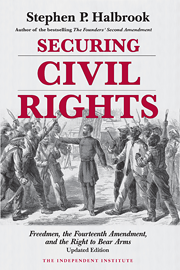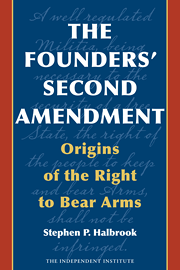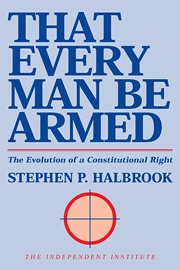Though President Obama’s nomination of Judge Merrick Garland to succeed Justice Antonin Scalia on the U.S. Supreme Court will more than likely remain in limbo until at least until after the November election, the choice should be unsettling to supporters of the Second Amendment and gun ownership rights.
Begin with the National Instant Criminal Background Check System (NICS), established by the 1993 Brady Act, under which firearm background checks would be conducted by the Federal Bureau of Investigation. Once a person passed the background check, the FBI’s record of his or her identity was required to be destroyed, although it would be kept by the dealer. No records of firearm sales were allowed to be recorded at a government facility, and no system of registration of firearm owners was allowed.
Nevertheless, when NICS went online in 1998 Attorney General Janet Reno signed a regulation allowing the FBI to retain full information on the firearm purchaser—name, address, race, and date of birth—for six months. She called the list an “audit log” rather than gun owner registration.
In NRA v. Reno (2000) two judges of the D.C. Circuit—David Tatel and Merrick Garland—upheld the regulation. Yes, Congress mandated that the transaction records must be “destroyed,” but it didn’t say when. Yes, no record of the transactions could be transferred to a government facility, but the term “record” was unclear. And yes, no system of registration of firearm owners was allowed, but Ms. Reno called it an “audit log,” not “registration.”
Judge David Sentelle wrote a blistering dissent, pointing out that Congress could not have been clearer in protecting the privacy of citizens who passed the background check. Ms. Reno’s argument that Congress did not say that she had to destroy the records “immediately” reminded Judge Sentelle of a mother telling a child to stop pulling her sister’s hair, but she continues under the excuse: “Mama, you didn’t say I had to stop right now.”
Congress had to step back in and direct NICS to destroy the records within 24 hours. Problem solved, but the case illustrated that Judge Garland had no problem upholding a power grab by the executive branch to create a six-month registration of firearm purchasers.
Meanwhile, two cases challenging the D.C. handgun ban under the Second Amendment were proceeding through the courts. In Seegars v. Gonzales (2005), a panel of the D.C. Circuit held that the challengers lacked standing under an extraordinarily-stringent standard. Judge Sentelle dissented because the plaintiffs wished to obtain handguns but risked prosecution if they did so.
When the plaintiffs asked the D.C. Circuit to rehear the case, even the judge who wrote the panel decision argued in favor, on the basis that the plaintiffs were clearly harmed and should be able to mount their challenge. Judge John Roberts, the future Chief Justice of the Supreme Court, joined in the call for rehearing by the full court. Judge Garland voted against. The case would not be reheard.
However, in Parker v. the District of Columbia (2007), the D.C. Circuit found that one plaintiff had standing and held that the Second Amendment protects an individual’s right to keep and bear arms, and that the D.C. handgun ban violates this right. The District of Columbia had argued that the amendment only protected the “collective right” of states to maintain militias, and that even if the right is individual, handguns could be banned because long guns were available.
Now the shoe was on the other foot. The District of Columbia petitioned for a rehearing by the full court and Judge Garland voted in favor. The only obvious reason to vote in favor would be to overturn the decision.
The rest is history. The District of Columbia asked the Supreme Court to hear its case and the Court obliged. The case was renamed the District of Columbia v. Heller (2008) and Justice Scalia’s blockbuster opinion affirmed that the Second Amendment means what it says—“the right of the people,” meaning individuals, “to keep and bear arms,” including handguns, “shall not be infringed,” such as by Washington’s ban.
Heller was a 5-4 decision and justices who dissented have called for its overturn. Justice Scalia’s untimely death leaves the Court with only four justices who supported Heller.
Based on Judge Garland’s record in the D.C. Circuit, it should be clear that his elevation to the Supreme Court would create a Court majority that could not be expected to support the Second Amendment and that would uphold gun restrictions of all kinds.

